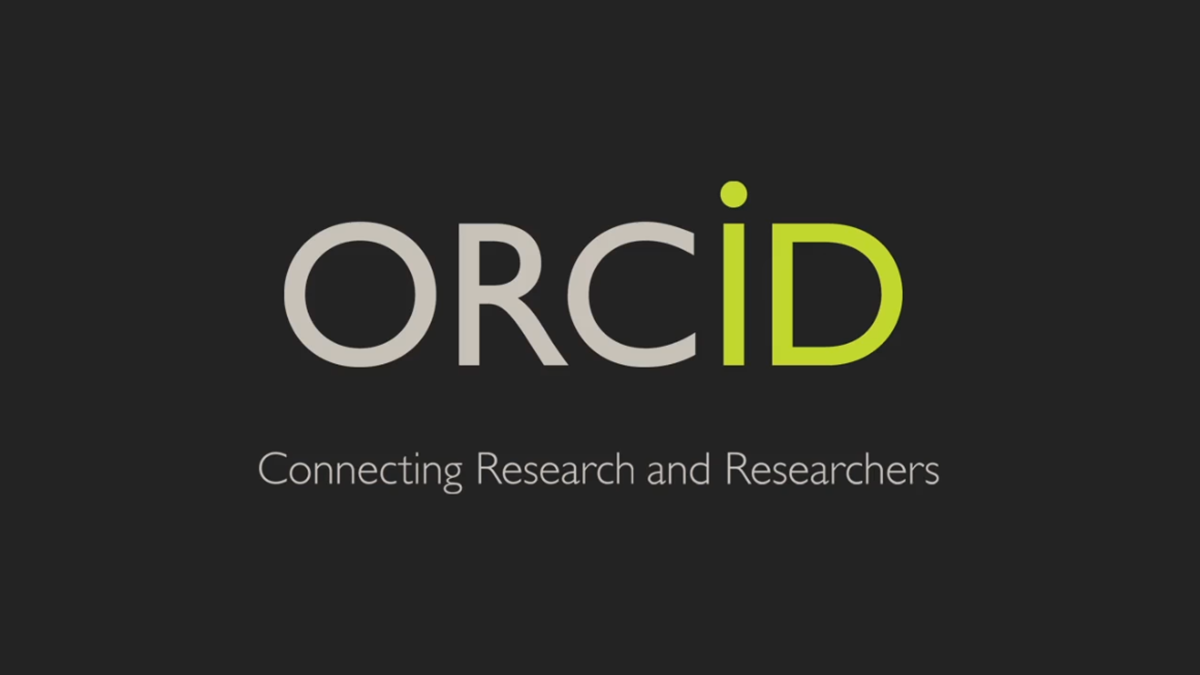MONITORING PARAMETER AIR BERBASIS IOT (INTERNET OF THINGS)
DOI:
https://doi.org/10.54757/fs.v14i2.322Keywords:
water quality monitoring, Internet of Things, ESP32, Fuzzy LogicAbstract
Water is a necessity for living things that have certain parameters to be consumed. This tool is made to measure the parameters of pH, temperature and turbidity of water quality and this tool is integrated with Internet of Things (IoT) technology so that sensor measurement data can be accessed anywhere and anytime. This tool implements Fuzzy Logic to generate “clean” and “unclean” values for water and uses the NodeMCU-ESP32s Module as the main controller, the PH-4502c sensor measures pH, the SKUSEN0189 sensor measures turbidity, and the DS18B20 sensor measures temperature. The results show that all sensors work well with an average error value of 2.95% for pH, 0.80% for temperature, and 21.32% for turbidity.
References
M. Gufran and M. Mawardi, “Dampak Pembuangan Limbah Domestik terhadap Pencemaran Air Tanah di Kabupaten Pidie Jaya,” J. Serambi Eng., vol. 4, no. 1, p. 416, 2019, doi: 10.32672/jse.v4i1.852.
I. M. Yusuf, “Perancangan Alat Pemantau Kualitas Air (Atair) Berbasis Internet of Things dengan Parameter Kekeruhan, Oksigen Terlarut, Suhu dan pH,” Fak. Tek. Unpas, 2018.
M. A. Purwanto, M. Hannats, H. Ichsan, and F. Utaminingrum, “Implementasi Fuzzy Logic pada Sistem Monitoring Kualitas Air Kolam Renang dan Aplikasi Android,” vol. 6, no. 2, pp. 683–689, 2022, [Online]. Available: http://j-ptiik.ub.ac.id
M. R. G. Nadi, C. Ruskandi, and R. S. Pamungkas, “Desain Sistem Deteksi Kualitas Air Berbasis Multi Sensor pH, Dissolved Oxygen, Suhu, dan Konduktivitas,” JoP, vol. 5, no. 1. pp. 48–56, 2019.
R. A. Wijaya, S. W. L. W. Lestari, and M. Mardiono, “Rancang Bangun Alat Monitoring Suhu dan Kelembaban Pada Alat Baby Incubator Berbasis Internet Of Things,” J. Teknol., vol. 6, no. 1, p. 52, 2019, doi: 10.31479/jtek.v6i1.5.
H. Hariyadi, M. Kamil, and P. Ananda, “Sistem Pengecekan Ph Air Otomatis Menggunakan Sensor Ph Probe Berbasis Arduino Pada Sumur Bor,” Rang Tek. J., vol. 3, no. 2, pp. 340–346, 2020, doi: 10.31869/rtj.v3i2.1930.
Y. Rahmanto, A. Rifaini, S. Samsugi, and S. D. Riskiono, “SISTEM MONITORING pH AIR PADA AQUAPONIK MENGGUNAKAN MIKROKONTROLER ARDUINO UNO,” J. Teknol. dan Sist. Tertanam, vol. 1, no. 1, p. 23, 2020, doi: 10.33365/jtst.v1i1.711.
Y. Nindra Kristiantya, E. Setiawan, and B. H. Prasetio, “Sistem Kontrol dan Monitoring Kualitas Air pada Kolam Ikan Air Tawar menggunakan Logika Fuzzy berbasis Arduino,” J. Pengemb. Teknol. Inf. dan Ilmu Komput., vol. 6, no. 7, pp. 3145–3154, 2022, [Online]. Available: http://j-ptiik.ub.ac.id
P. T. Informatika et al., “2418-4764-1-Sm,” pp. 305–310, 2018.
F. A. D. Aji Prasetya Wibawa, Muhammad Guntur Aji Purnama, Muhammad Fathony Akbar, “Metode-metode Klasifikasi,” Pros. Semin. Ilmu Komput. dan Teknol. Inf., vol. 3, no. 1, p. 134, 2018.
Downloads
Published
How to Cite
Issue
Section
License
Copyright (c) 2023 Yusuf Anshori, Andi Fathur Alamsyah A. Parenrengi, Dwi Shinta Angreni, Rizka Ardiansyah, Yuri Yudhaswana Joefrie

This work is licensed under a Creative Commons Attribution 4.0 International License.








 This work is licensed under a
This work is licensed under a 



